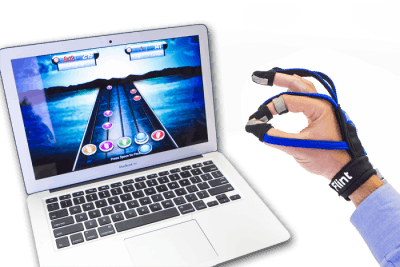
Combative or Aggressive Behavior After Stroke: Understanding & Coping with Anger
Combative or aggressive behavior after stroke is a negative secondary effect frequently observed in survivors. This is especially true in the acute stage of recovery.

Combative or aggressive behavior after stroke is a negative secondary effect frequently observed in survivors. This is especially true in the acute stage of recovery.

Contractures after stroke are a common complication and are characterized by stiffening or tightening of muscles, joints, and tendons. Contractures can develop in any joint

Shoulder subluxation after stroke occurs when the arm becomes partially dislocated from the shoulder socket due to muscle weakness or paralysis. While this secondary effect of

Ocular migraines and stroke are two conditions that share similar symptoms and can often be confused. Although an ocular migraine alone does not indicate a

When you move your arm, does your shoulder hike up? This is called a synergistic movement. During the early stages of stroke recovery, this type of movement

Left neglect after stroke is a condition that causes lack of attention and spatial awareness on the left side of the survivor’s environment. When someone

Many survivors with vision problems want to know: can you regain your sight after a stroke? The simple answer is yes, regaining the ability to

A stroke that affects the cerebellum can cause problems with coordination and muscle control. This means that your nervous system may struggle to coordinate movement, which

Post-traumatic stress disorder, or PTSD, is often associated with military combat. However, PTSD can also occur after a stroke in some survivors — because they

Dementia refers to a loss of cognitive abilities such as memory, decision-making, and problem-solving. It’s most commonly caused by Alzheimer’s disease, but strokes can cause


Take the first step towards recovery.